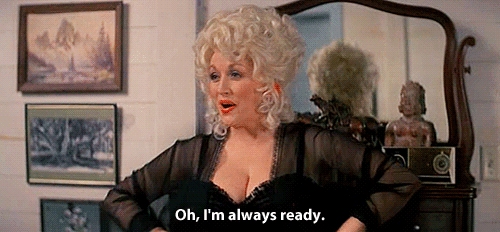
3.5 Stars
“To compete in these mountains, you have to be strong and tall. Otherwise, you won’t be able to reach the light.”
The year is 1952. The place is Howl Mountain, North Carolina. Allow me to introduce you to a few of the residents. First up is Rory. He fought in Korea and was sent home missing a leg. Ever since he’s been back he’s been earning a livin’ runnin’ that rye whiskey all up and down the hills . . . .

Rory lives with his Granny May. She used to be known for this . . . .

But she’s since left whorin’ behind and has made a name for herself when it comes to folk healin’. In her spare time she does a little of this . . . .

And a lot of this . . . .

Rory’s momma has been out of the picture for an age ever since a superbadawful happened to her that took her voice and left her in the looney bin. She came out of it with a little souvenir, though . . . .

Rory’s become quite fond of the local preacher’s daughter, but he ain’t quite sold on their church . . . .

If you know me, you’re probably well aware of the fact that I like my stories to be a . . . .

So why the hell the fair to middlin’ rating, right? I will admit the problem here is most likely a result of my wrongreading. Taylor Brown’s writing simply painted readers into Appalachia. Thus was the problem for me. I read about this area as often as I can. I don’t need to hear about the land in great detail every other paragraph. When you have characters like those mentioned above (as well as Eustace, Eli, etc.) I was looking for a story that focused on the people, not descriptions of the place. Once you meet Granny May, there’s a chance you’ll feel the same way too . . . .
“Christ’s father let him die on that cross,” she said. “I understand why he done it.” She leaned closer, whispering in his ear: “But Christ never had no granny like me.”
That cover, tho . . . I might should round up instead of down for that alone.
The year is 1952. The place is Howl Mountain, North Carolina. Allow me to introduce you to a few of the residents. First up is Rory. He fought in Korea and was sent home missing a leg. Ever since he’s been back he’s been earning a livin’ runnin’ that rye whiskey all up and down the hills . . . .

Rory lives with his Granny May. She used to be known for this . . . .

But she’s since left whorin’ behind and has made a name for herself when it comes to folk healin’. In her spare time she does a little of this . . . .

And a lot of this . . . .

Rory’s momma has been out of the picture for an age ever since a superbadawful happened to her that took her voice and left her in the looney bin. She came out of it with a little souvenir, though . . . .

Rory’s become quite fond of the local preacher’s daughter, but he ain’t quite sold on their church . . . .

If you know me, you’re probably well aware of the fact that I like my stories to be a . . . .

So why the hell the fair to middlin’ rating, right? I will admit the problem here is most likely a result of my wrongreading. Taylor Brown’s writing simply painted readers into Appalachia. Thus was the problem for me. I read about this area as often as I can. I don’t need to hear about the land in great detail every other paragraph. When you have characters like those mentioned above (as well as Eustace, Eli, etc.) I was looking for a story that focused on the people, not descriptions of the place. Once you meet Granny May, there’s a chance you’ll feel the same way too . . . .
“Christ’s father let him die on that cross,” she said. “I understand why he done it.” She leaned closer, whispering in his ear: “But Christ never had no granny like me.”
That cover, tho . . . I might should round up instead of down for that alone.
No comments:
Post a Comment